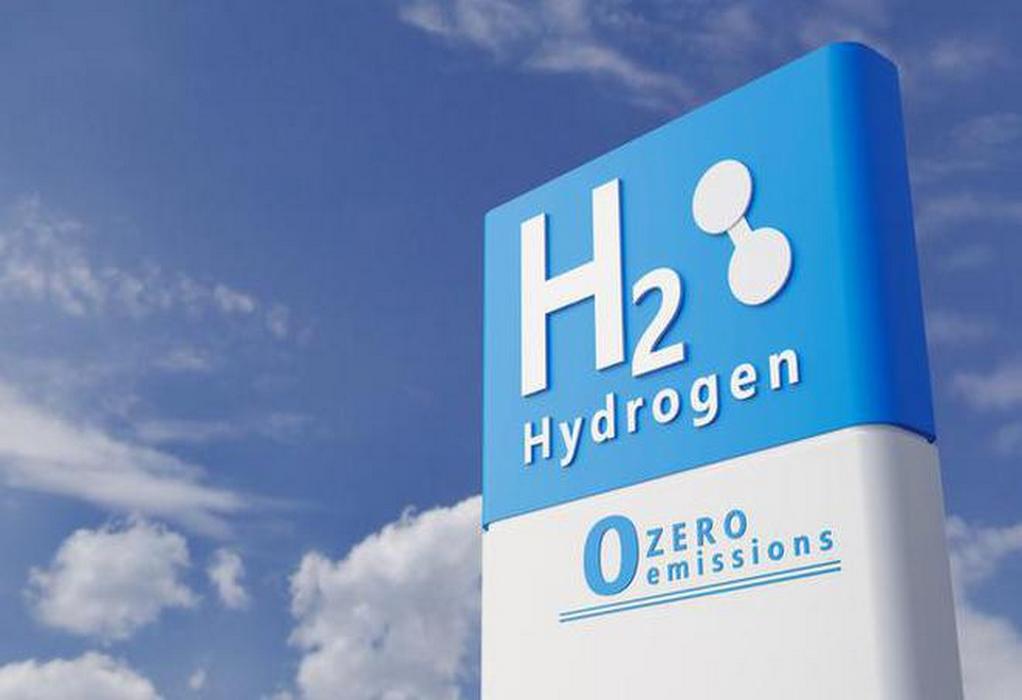Washington State University (WSU) researchers have progressed ahead in finding out a way to make non-polluting, hydrogen-powered vehicles feasible.
The process used by the researchers is a small electrical charge in combination with ethanol and water to produce hydrogen gas. They found that gas can then be used as a carbon-free fuel for motor vehicles.
According to them, the system would allow hydrogen to be produced right at the fueling station, with ethanol the only ingredient that would need to be transported.
Tags: Electrical Charge, Ethanol, Hydrogen, WSU



Recent Posts
Hyundai Glovis to Retrofit Seven PCTCs with Avikus AI Navigation System
Super Terminais orders three more Konecranes Gottwald ESP.10 Mobile Harbor cranes
Covestro and HGK Shipping Extend Partnership to 2040 with Focus on Wind-Assisted Vessel Retrofit
Artemis Technologies Successfully Demonstrates 100 Percent Electric Crew Transfer Vessel at Aberdeen Offshore Wind Farm
IACS Council Advances Decarbonisation, Digitalisation and Governance Priorities at C91 Meeting in Beijing
Japan Launches Major R&D Project to Advance Shipbuilding with Alternative Fuels
EU Adopts Emissions Standards for Low Carbon Hydrogen to Bolster Clean Energy Market
Trafigura to Implement ZeroNorth’s AI Platform Across Global Fleet